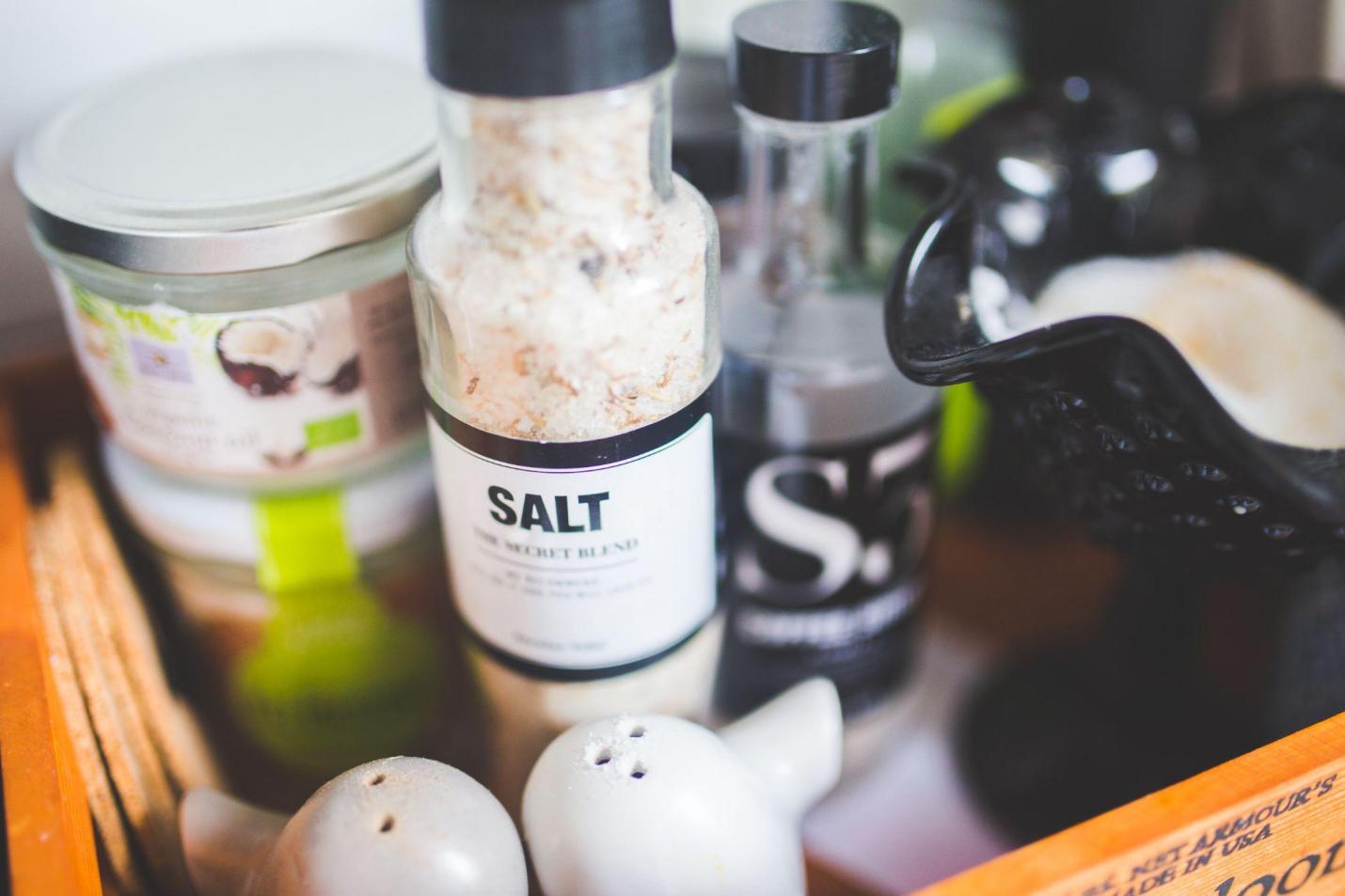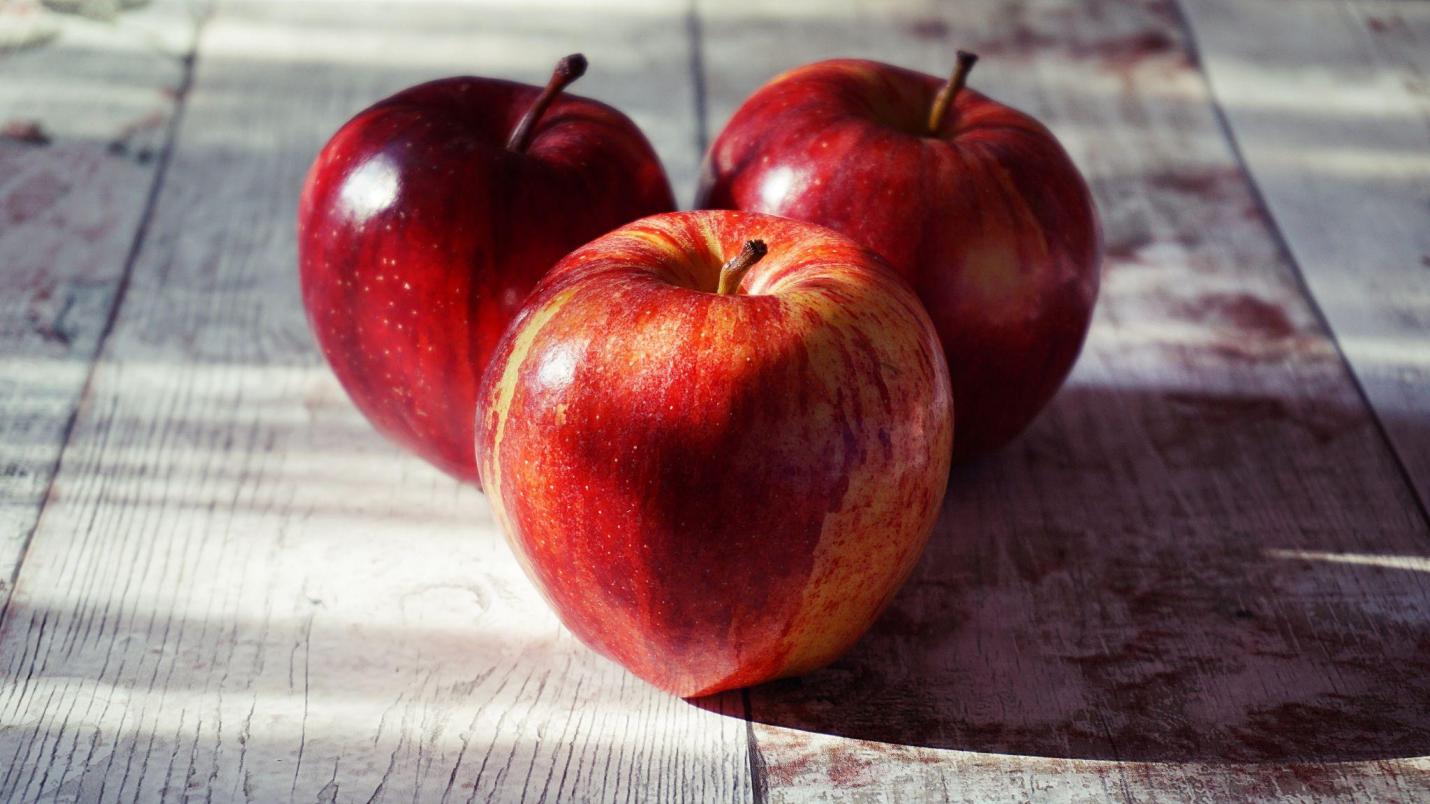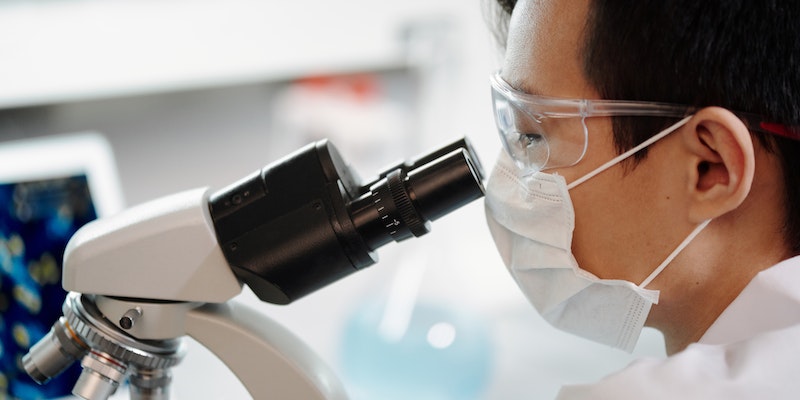
Kidney health often slips under the radar when discussing overall wellness, but it's a fundamental component of our body's functionality. While medical interventions are essential for treating kidney diseases, the importance of dietary choices can't be understated. Adopting a diet for chronic kidney disease can make a notable difference in slowing its progression and alleviating symptoms. This not only involves understanding the foods that could be harmful but also recognizing the beneficial ones. As the saying goes, 'Let food be thy medicine', and indeed, with the right kidney disease treatment diet, it's possible to usher in remarkable improvements in kidney function and overall health.
While it's paramount to craft a dietary plan in tandem with a registered dietitian or nutritionist, here are some general guidelines that might assist in managing kidney concerns. Are you curious to know more about the diet for chronic kidney disease? Following are the few suggestions for you.
Protiens
The main components of food are protein, fat, and carbs. Meats, nuts, seeds, dairy, and vegetables contain protein. Protein is needed to make muscle, red blood cells, hormones, and more. However, most people consume too much protein. In addition, protein wastes might strain weak kidneys. The kidneys eliminate protein nitrogen as urea.
Here are 5 top protein rich adds to your kidney disease diet recipes:
- Chicken breast
- Eggs
- Greek yogurt
- Tofu
- Lentils
Phosphorus
Meat, poultry, fish, dairy, nuts, beans, and cola contain phosphorus. Weak kidneys remove less blood phosphorus. Avoid eating too much phosphorus. Your doctor may prescribe phosphate “binders” for each meal and snack. These remove body phosphorus.
So, one should add the perfectly balanced food in their diet to avoid inconvinience regarding their kidneys health. You should add the product in your diet that contain perfect amount of phosphorus in them.
Salt
A diet that is heavy in salt can make hypertension worse and cause renal damage in persons who already have these conditions. But using it in significant amounts can cure kidney related disease.
For centuries, salt has played a crucial role in curing and preserving many foods, bacon being a notable example. Today, many products found on store shelves still contain a high amount of salt. Acquire knowledge of your daily limit, and make it a habit to check the labels on the items you consume. In addition to that, pay attention to the serving sizes. And ten you can enjoy good health and flavor.

Eggs
For individuals with kidney issues, incorporating eggs into their meals might prove beneficial for multiple reasons. Notably, eggs serve as a rich source of protein, vital for preserving muscle health and overall well-being, and simultaneously minimizing strain on the kidneys.
Additionally, their relatively low phosphorus content can help mitigate the risks of phosphorus-linked complications, often seen in those with kidney ailments. Eggs also provide essential nutrients like B vitamins that play a pivotal role in energy metabolism.
Cruciferous Vegetables
Cruciferous vegetables are recognized for their beneficial qualities, especially for individuals grappling with kidney conditions. Vegetables like broccoli, cauliflower, cabbage, and Brussels sprouts, which have relatively low potassium content, are particularly advantageous for those with kidney ailments who need to monitor their potassium levels closely.
These veggies are not only nutrient-dense, packed with vitamins and minerals, but they also offer a considerable amount of dietary fiber. This fiber plays a crucial role in supporting digestion and maintaining balanced blood sugar levels. Nonetheless, it's imperative to consult a healthcare professional or a certified nutritionist to understand the specific dietary requirements, kidney functionality, and the best preparation methods for each vegetable.
Onion
To commence, it is noteworthy that onions possess a low potassium content, rendering them of particular significance to individuals afflicted with renal ailments necessitating stringent regulation of their potassium consumption. Onions possess the potent antioxidant quercetin, which exhibits potential in safeguarding cells against damage and mitigating inflammatory responses. Onions are rich in chromium, a mineral that aids in the breakdown of carbs, lipids, and proteins and hence plays a role in keeping blood sugar levels steady.
Finally, onions can enrich your kidney-friendly diet with more flavour and variety. However, you should check with your doctor or nutritionist to make sure that adding onions to your diet won't interfere with your renal health and any special dietary limitations. You can definitely add onions in your kidney disease treatment diet.
Apples
Apples are beneficial for renal patients in many ways, and eating them is one of them. To begin, people with renal illness who need to restrict their salt and phosphorus consumption can benefit greatly from eating apples.
Individuals suffering from kidney ailments often benefit greatly from relief in constipation and a reduction in cholesterol levels. However, given the nuances in dietary requirements and concerns about kidney functionality, it's essential to seek guidance from a medical professional or a dietitian. They can offer insights on the right portion sizes and the most suitable preparation methods tailored to your needs.
You know the old saying – "an apple a day keeps the doctor away." Incorporating apples into your meal plan could be a wise choice for added health benefits.

Strawberry
As a kidney patient, you can reap numerous benefits from include strawberries in your diet. For starters, people with kidney illness who need to limit their consumption of potassium and phosphorus can benefit from eating strawberries. Second, the antioxidants included in strawberries, especially anthocyanins, may help protect cells from oxidative stress and inflammation, which is good for the body as a whole and may reduce the risk of kidney disease consequences.
Strawberries' fiber content also helps digestion and may reduce blood sugar spikes. Strawberries are flavorful and everyone likes them. You can consult your doctor and add them to your diet plan.



